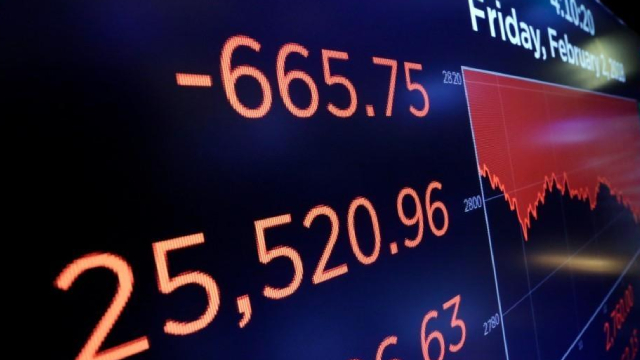PepsiCo’s Disappointing Quarterly Results: A Snack-Sized Setback
In the corporate world, even the giants can stumble now and then. Such was the case for PepsiCo, Inc. (NASDAQ: PEP) on Tuesday, when the beverage and snack maker reported lower-than-expected annual profit forecasts and missed quarterly revenue estimates. This unexpected misstep has left investors and industry analysts pondering the implications for the company and the broader market.
A Taste of Trouble: Weakening Demand for PepsiCo’s Offerings
The root cause of PepsiCo’s predicament can be traced back to its largest market: the United States. In recent quarters, the Frito-Lay North America division, which accounts for a significant portion of PepsiCo’s sales, has faced a decline in demand for its sodas and snacks. This trend is particularly notable for PepsiCo’s flagship brand, Pepsi, which has lost ground to its rival, Coca-Cola, in the soda market.
A Bite Out of PepsiCo’s Profits: The Financial Impact
The financial repercussions of these sales shortfalls were evident in PepsiCo’s earnings report. The company forecasted an annual profit of $5.65 to $5.70 per share, falling short of the $5.74 per share that analysts had predicted. Additionally, the company’s quarterly revenue came in at $19.53 billion, falling short of the $19.68 billion that analysts had anticipated.
A Crunch in the Market: The Ripple Effect
The consequences of PepsiCo’s disappointing quarterly results extend beyond the company’s bottom line. The stock market also felt the impact, with PepsiCo’s shares dropping by more than 3% in after-hours trading. This decline could have ripple effects on other companies in the food and beverage industry, as investors reassess their holdings in light of PepsiCo’s financial performance.
A Taste for Resilience: What’s Next for PepsiCo?
As PepsiCo navigates this setback, it will likely focus on reinvigorating sales in its core markets. The company has already announced plans to invest $1 billion in its North American beverage business over the next three years, with the goal of regaining market share. Additionally, PepsiCo’s international divisions, which have been performing well, may help offset the losses in the United States.
A Global Impact: How the World is Affected
The implications of PepsiCo’s quarterly results go beyond the financial sphere, reaching into the global economy. As a multinational corporation, PepsiCo’s performance can serve as a bellwether for the health of the global economy. A continued decline in sales for the company could signal broader economic challenges, particularly in the United States, where the company generates a significant portion of its revenue.
- PepsiCo’s Q3 earnings miss and lower-than-expected annual profit forecasts
- Declining demand for PepsiCo’s sodas and snacks in the US
- Impact on PepsiCo’s stock, with shares dropping by more than 3%
- Ripple effects on other food and beverage companies
- PepsiCo’s plans to invest $1 billion in its North American beverage business
- Potential implications for the global economy
In conclusion, PepsiCo’s disappointing quarterly results serve as a reminder that even the largest corporations can face challenges. As the Frito-Lay maker grapples with declining demand for its sodas and snacks in the United States, investors and analysts will be closely watching to see how the company responds. The impact of PepsiCo’s financial performance extends beyond its bottom line, reaching into the stock market and the global economy. Only time will tell if PepsiCo can regain its footing and return to growth. Stay tuned for further updates on this developing story.





